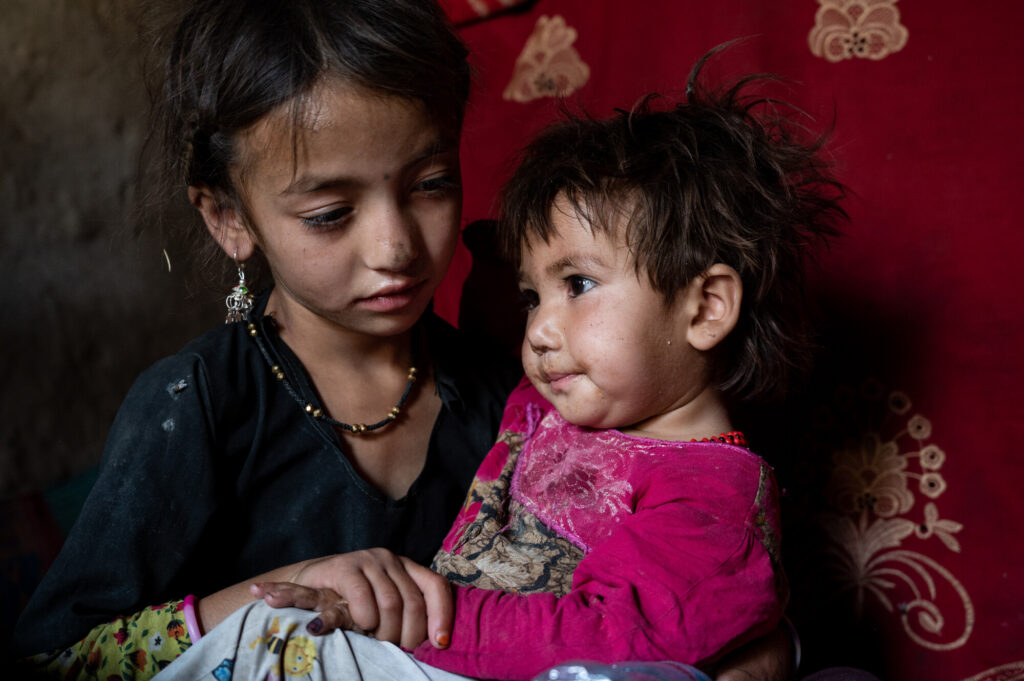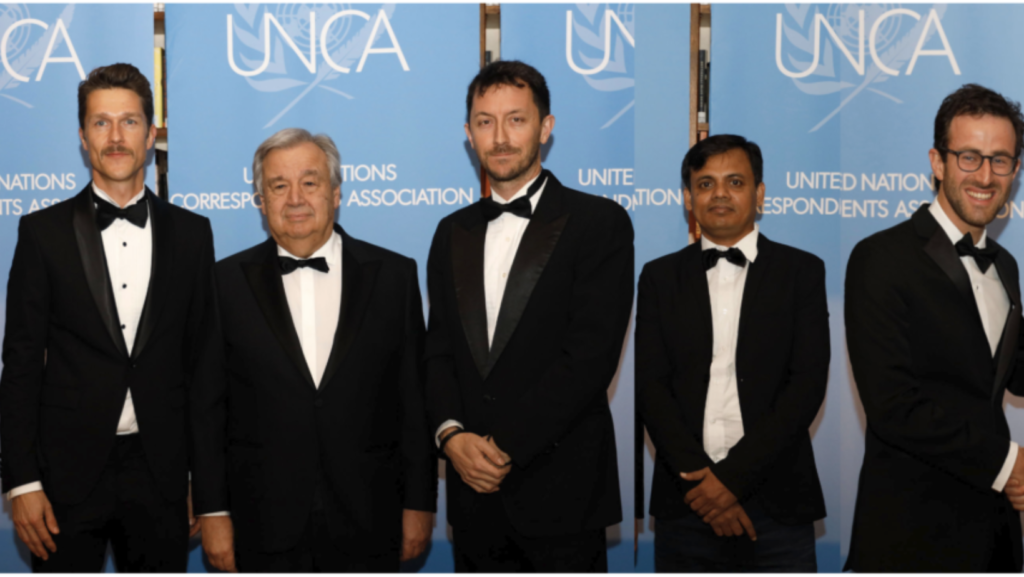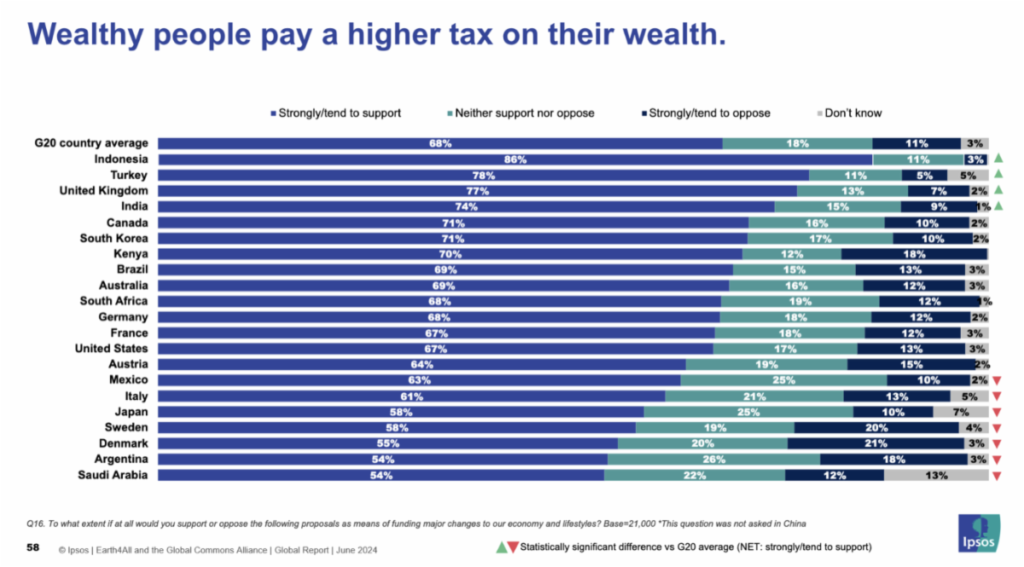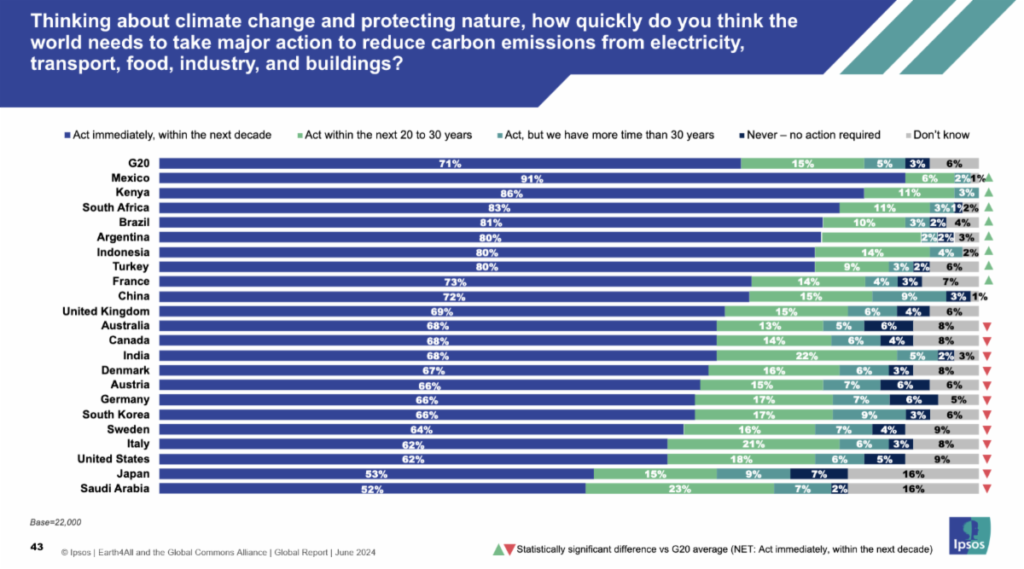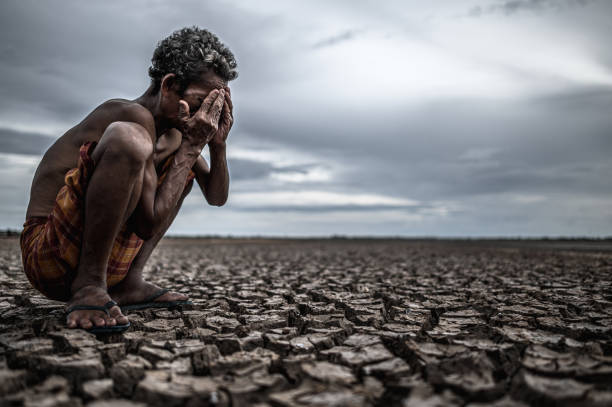Three Years On: Afghans are Paying the Price for the World’s Neglect
International aid agencies are sounding the alarm about the severe impact of international inaction on the most vulnerable Afghans three years after Taliban authorities took over the country in August 2021. More than 23 million Afghans, most of them children and women, are suffering severe food insecurity while 6.3 million remain displaced within the country and unemployment has doubled this year. Following is a joint press statement by the 10 international aid agencies.
Kabul, 13 August 2024: Millions of Afghans continue to struggle in one of the world’s largest and most complex humanitarian crises, three years after the change in power. Heavily dependent on humanitarian aid, Afghans are trapped in cycles of poverty, displacement, and despair. Afghanistan is at risk of becoming a forgotten crisis without sustained support and engagement from the international community, warn Action Against Hunger (ACF), CARE International (CARE), the Danish Refugee Council (DRC), International Rescue Committee (IRC), INTERSOS, Islamic Relief Worldwide (IRW), Norwegian Refugee Council (NRC), People in Need (PiN), Save the Children International, and World Vision International (WVI).
Afghanistan is experiencing shock after shock—the ongoing economic crisis, the legacy of decades of conflict, the impacts of climate change, and the gender crisis have taken a devastating toll on the country. Despite the improvements in the country’s overall security situation, which has facilitated access to many new regions that were previously unreachable, there are still myriad of challenges that hinder us from reaching all those in need effectively. The Afghanistan Humanitarian Needs and Response Plan (HNRP) 2024 shows that an estimated 23.7 million peopleare reportedly in need of humanitarian assistance, 52% of whom are children and 25% women. Food insecurity is rampant, 6.3 million people remain displaced within the country, and unemployment has doubled compared to the past year.
Though humanitarian aid has been a lifeline to Afghan communities, the humanitarian funding appeal for 2024 has received only 25% of requested funds as of 13 August 2024. Shrinking humanitarian funding is adversely impacting people’s daily lives, and a lack of funding for medium and longer-term programming has only heightened underlying vulnerabilities, adding to the humanitarian burden. Already this year, 343 mobile health teams have shut down, which equals 52% of all mobile health teams. This has had a significant impact on the health and nutrition response, as populations are not able to access essential lifesaving services. With 12.4 million people facing acute food insecurity that is expected to worsen, which could leave over half a million malnourished children deprived of lifesaving nutrition. Mothers are also disproportionately affected; typically, they are the last to eat and eat the least. Families, especially women-headed households, are being forced to make agonising decisions to survive, including relocating their families within the country, often joining informal settlements, making treacherous journeys across borders, and sending children to work. The growing humanitarian financing gap combined with the discontinuation of development assistance since August 2021 are pushing the country and its people into deeper poverty and vulnerability.
Signatories to this statement underscore that the ongoing crisis in Afghanistan cannot be addressed with humanitarian assistance alone and a comprehensive, sustained, and contextualised response from the international community is required. Afghanistan desperately needs long-term development assistance to address the root causes of poverty. Diplomatic engagement is crucial to creating an enabling environment in Afghanistan that will support upscaling international aid efforts to include development projects alongside emergency assistance. The current isolationist approach of most donor countries does not support durable solutions to the challenges faced by the people of Afghanistan, especially children, women, ethnic and other marginalised groups. This requires ongoing cooperation between humanitarian and development actors, including local organizations, with the UN-led coordination system to ensure collective, principled, and strategic engagement with the de facto authorities (DfAs) to address operational challenges (including a range of bureaucratic and administrative impediments, challenges to transfer funds to Afghanistan), facilitate timely response to crises, and conduct crucial advocacy in compliance with international human rights standards.
Humanitarian actors in Afghanistan assess that inaction from the international community is costing the most vulnerable Afghans dearly. Without rapid efforts to increase diplomatic engagement and longer-term sustainable funding, Afghans, especially women and girls, will be left to suffer for years to come. Poverty is nearly universal, and humanitarian needs are rising due to the ever-growing economic crisis, the impacts of climate change, the gender crisis, and diminishing aid.
We call on the international community to:
- Increase humanitarian and diplomatic engagement with the DfA to improve our ability to reach all people in need, provide aid effectively, efficiently, and equitably, and push the DfA to adhere to international human rights standards, including their obligations towards all genders of the population. Long-term relationship building and continuous engagement with the DfA, underpinned by expertise in humanitarian access negotiations and policy dialogue, is increasingly important if Afghanistan’s most fundamental challenges are to be addressed.
- To avoid the country falling into deeper poverty and isolation, donors must bolster the return of development and longer-term programming and funding to build resilient communities that are less dependent on aid. This should include investments in gender responsive/transformative agriculture, climate change adaptation, market-based approaches for food value chains, access to financial services for smallholder farmers, and for women-led micro and small businesses. Humanitarian partners are increasingly stepping up to deliver principled and impactful durable solutions programming in Afghanistan, and there are tangible opportunities to scale up and broaden best practices.
- The protection and safeguarding of the humanitarian space should remain a critical priority for ensuring a needs-based and principled humanitarian response in the country. Humanitarian partners over the years have delivered assistance to affected communities in line with humanitarian principles. We urge the international community for its continued support.
- The international community should seek cooperation from the DfA on issues of mutual interest, such as economic development, while keeping up key demands such as lifting bureaucratic and administrative impediments (BAIs) and granting unimpeded humanitarian access across the country.
- Fully fund the Afghanistan Humanitarian Needs and Response Plan (HNRP), and critical humanitarian funding should be sustained, as part of which there should be an increase in the volume and quality of funding to Afghan civil society organizations, especially Women-Led and Women Rights Organizations (WLOs/WROs) and organizations of persons with disabilities, so that partners have access to quality funding and humanitarian organizations can support the most vulnerable and marginalised people.
- The continuation of gender-responsive multi-sectoral programming should be supported by ensuring that all humanitarian and long-term programs include a strong gender perspective and address the specific needs and rights of women and girls. To continue with both gender-responsive sectoral approaches as well as specialized services, humanitarian partners need flexible funding, so the most vulnerable groups continue receiving much-needed services.
- Donor governments should continue to reassure financial service providers that they are able to facilitate transactions into and within Afghanistan, increasing private and public confidence in doing business in Afghanistan and easing the current impediments to the transfer of funds into the country.
Notes to editors
- There are an estimated 23.7 million people in need of humanitarian assistance in Afghanistan in 2024. Despite the severity of needs, only 25 per cent of the USD 3.06 billion required for the humanitarian response has been funded so far this year.
- By June 2024, there are 6.3 million protracted Internally Displaced Persons (IDPs).
- Approximately 680,000 Afghans have returned to Afghanistan from Pakistan since September 2023, predominantly entering the country at the Torkham border crossing (IOM).
- Afghanistan registers marginal improvement despite climatic shocks and high food prices, pushing 14.2 million people into high levels of food insecurity. (IPC Analysis May-October 2024)
- Afghanistan suffers from extreme weather events and environmental disasters. Most recently, in July 2024 severe floods impacted 29 districts across Badakhshan, Baghlan, Kunar, Laghman, Nangarhar, and Nuristan damaging homes, crops, and infrastructure and affecting 1,925 families (OCHA). A 6.3 magnitude earthquake affected the Herat in October 2023, impacted 2.2 million people, damaging over 47,000 homes (OCHA).
For more information or to arrange an interview, please contact:
- ACF Philippe Hamel phamel@actioncontrelafaim.org 00 33 6 18 17 39 58
- CARE Asia Regional Communications Advisor, Sarita Suwannarat, sarita.suwannarat@care.org +66 85 0877817 Muhammad Haseeb Khalid, Humanitarian Advocacy Advisor, muhammad.khalid@care.org +93 79 479 3213
- DRC media enquiries at: press@drc.ngo +45 28 11 67 27 Bahia Zrikem, Regional Advocacy and Communication Coordinator, Danish Refugee Council (DRC) bahia.zrikem@drc.ngo 0032488283465 / 00962799548245
- International Rescue Committee (IRC), Nancy Dent, Associate Director, Public Affairs & Communications, Asia Nancy.dent@rescue.org +44 (0) 769 058 275
- INTERSOS, Omar Rashid, Field Communications and Advocacy Coordinator communication.afghanistan@intersos.org +93 70 419 1073
- Islamic Relief Worldwide, Michael Selby-Green, International Media Coordinator, IRW michael.selby-green@irworldwide.org +447969060570
- Norwegian Refugee Council (NRC) Global media hotline: media@nrc.no +47 905 62329NRC Regional Communications Adviser, Christian Jepsen: christian.jepsen@nrc.no +254 706 248 391, NRC in Afghanistan Acting Advocacy Manager, Maisam Shafiey: maisam.shafiey@nrc.no +93706453029
- People in Need (PiN), Nasr Muflahi, Country Director nasr.muflahi@peopleinneed.net
- Save the Children International, Rachel Thomson, Regional Media Manager, SCI rachel.thompson@savethechildren.org
- World Vision Afghanistan, Thamindri De Silva, National Director thamindride_silva@wvi.org Mark D Calder, Advocacy and Policy
United Nations journalists – United Nations journalists – United Nations journalists
United Nations News – United Nations News – UN Correspondents Association – UNCA Awards
Three Years On: Afghans are Paying the Price for the World’s Neglect Read More »

